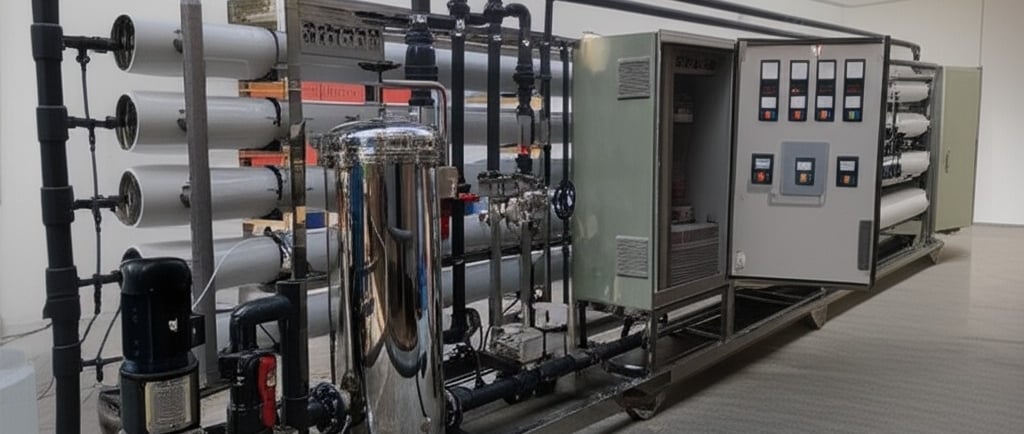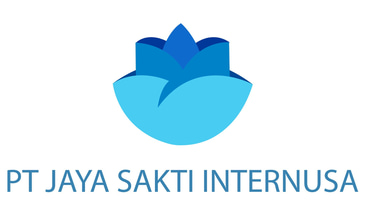Sustainable Water Treatment Solutions Backed by International Standards


Water is one of the most critical resources for human survival, industrial productivity, and environmental stability. As the global population continues to rise and industries expand, the demand for clean and sustainable water solutions has never been greater. At the same time, governments and international organizations are tightening regulations to ensure that businesses adopt environmentally responsible water management practices.
Sustainable water treatment solutions backed by international standards offer a pathway to efficiency, compliance, and long-term ecological balance. For companies, this means moving beyond traditional methods and embracing innovative, science-based approaches that minimize waste, recycle resources, and reduce operational costs. For communities and ecosystems, it means preserving freshwater reserves and protecting natural habitats.
This article explores the growing importance of sustainable water treatment, the role of international standards, and how companies like PT Jaya Sakti Internusa are helping industries implement effective solutions.
The Growing Need for Sustainable Water Treatment
The world is facing a water crisis. According to the United Nations, by 2030, global demand for freshwater will outstrip supply by 40% if current trends continue. Industrial operations are among the largest consumers of water, using it for cooling, production, cleaning, and waste discharge. Without effective treatment, this water often carries pollutants that can damage rivers, lakes, and groundwater reserves.
Sustainability in water treatment means reducing this negative impact while still meeting industrial needs. Companies are increasingly turning to advanced technologies that recycle wastewater, reduce chemical usage, and optimize energy consumption. Such solutions not only conserve natural resources but also strengthen a company’s reputation as an environmentally responsible entity.
This growing need underscores why international standards have become essential benchmarks for industries worldwide. They provide guidance on how to manage water responsibly and measure performance against global best practices.
International Standards as a Framework for Compliance
International standards, such as those developed by the International Organization for Standardization (ISO), are critical tools for guiding industries toward sustainable water practices. Standards like ISO 14001 (environmental management systems) and ISO 24512 (drinking water supply management) provide structured frameworks for assessing, monitoring, and improving water treatment operations.
These standards ensure that water treatment solutions are not only technically efficient but also socially responsible and environmentally sound. For industries operating across borders, adhering to international standards allows them to demonstrate compliance to regulators, investors, and consumers. It also provides consistency, as standards are recognized globally, ensuring that a company’s sustainability efforts are measured against uniform criteria.
For example, U.S. Environmental Protection Agency (EPA) regulations align closely with many ISO standards, reflecting the global push toward harmonized water management policies. This integration helps companies operate in different regions without compromising quality or compliance.
Benefits of Sustainable Solutions for Industries
Industries adopting sustainable water treatment solutions gain numerous advantages beyond regulatory compliance. First, they reduce operational risks by minimizing water-related disruptions. When companies recycle water, they become less dependent on municipal or natural sources, which may fluctuate due to droughts or restrictions.
Second, sustainable solutions often lower long-term costs. Advanced treatment systems, while requiring initial investment, pay off by reducing energy usage, chemical consumption, and wastewater disposal fees. These efficiencies create financial resilience, especially in industries where water is a major cost factor.
Third, embracing international standards enhances brand reputation. Modern consumers and investors value companies that show a commitment to environmental responsibility. By integrating certified systems, businesses can showcase their dedication to sustainability, attracting new opportunities and maintaining trust.
Finally, industries that adopt sustainable water practices contribute to broader global goals, such as the United Nations’ Sustainable Development Goal 6: ensuring availability and sustainable management of water for all.
Innovations in Sustainable Water Treatment
Sustainable water treatment today goes beyond basic filtration. Technological advancements are transforming how industries handle water, making processes cleaner, more efficient, and less wasteful. Reverse osmosis, membrane bioreactors, advanced oxidation processes, and zero-liquid discharge systems are some of the cutting-edge solutions now being deployed.
For instance, reverse osmosis not only removes contaminants but also enables water reuse in industrial operations, significantly reducing freshwater withdrawals. Membrane bioreactors combine biological treatment with membrane filtration, producing high-quality effluent that can be reused in cooling towers or irrigation.
Another innovation is smart monitoring systems powered by artificial intelligence (AI). These systems track water quality in real time, allowing companies to detect irregularities early and optimize treatment processes instantly. This proactive approach saves resources while ensuring consistent compliance with international standards.
These innovations underscore the importance of working with experienced partners who can integrate advanced technologies into existing industrial systems. PT Jaya Sakti Internusa specializes in delivering tailored solutions that align with global sustainability benchmarks.
Role of PT Jaya Sakti Internusa in Driving Sustainable Practices
As industries seek reliable solutions that balance efficiency, compliance, and sustainability, PT Jaya Sakti Internusa plays a crucial role. The company provides a comprehensive range of water treatment services designed to meet international standards while addressing the unique challenges of each client.
PT Jaya Sakti Internusa emphasizes long-term partnerships, helping industries design, install, and maintain systems that support ongoing efficiency. Their focus is not just on meeting regulations but also on future-proofing operations against stricter environmental requirements. By integrating sustainability into every project, the company enables businesses to operate responsibly while maintaining competitive advantage.
In addition, PT Jaya Sakti Internusa actively promotes knowledge sharing, ensuring that clients understand the benefits of international compliance and the impact of sustainable water management on their operations. This educational role is vital in helping industries transition from traditional practices to modern, eco-friendly solutions.
The Future of Sustainable Water Treatment
The future of water treatment will increasingly be shaped by sustainability and international collaboration. Governments and regulatory bodies are expected to implement stricter policies, pushing industries to adopt technologies that minimize environmental impact.
At the same time, businesses are recognizing that sustainability is no longer optional but a strategic advantage. Companies that align with international standards will not only remain compliant but also benefit from operational efficiencies and enhanced market reputation.
Innovations such as AI-driven analytics, energy-efficient desalination, and integrated recycling systems will further redefine how industries approach water treatment. Collaboration between governments, technology providers, and industrial players will be essential to achieve long-term water security and ecological balance.
Ultimately, sustainable water treatment solutions backed by international standards are not just about meeting today’s needs—they are about securing the future. By adopting these practices, industries can ensure they contribute positively to both global water sustainability and their own long-term success.
Conclusion
Sustainable water treatment solutions have become a cornerstone of responsible industrial operations. Backed by international standards, these solutions provide industries with a framework for compliance, efficiency, and long-term resilience.
Companies like PT Jaya Sakti Internusa play a vital role in delivering these solutions, ensuring that businesses can thrive while protecting the environment. By integrating advanced technologies, adhering to global benchmarks, and embracing innovation, industries can position themselves as leaders in sustainable development.
In a world facing increasing water challenges, sustainable practices are not just a responsibility—they are a necessity. With the right strategies and partnerships, industries can turn water management into an opportunity for growth, efficiency, and global impact.
